News
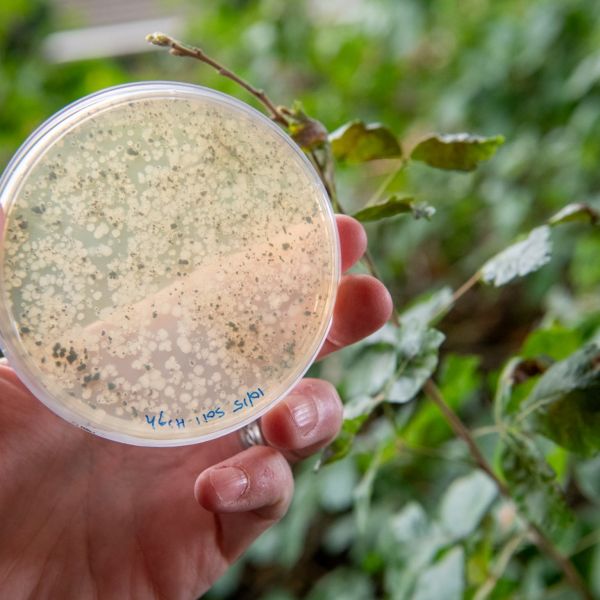
Nov 15, 2024
Q&A: How do microbiomes influence the study of life?
Microorganisms — bacteria, viruses and other tiny life forms — may drive biological variation in visible life as much, if not more, than genetic mutations, creating new lineages and even new species of animals and plants, according to Seth Bordenstein, director of Penn State’s One Health Microbiome Center within the Huck Institutes of the Life Sciences.
Full Article

Nov 14, 2024
Three Penn State researchers awarded scientific grants from Kaufman Foundation
The Charles E. Kaufman Foundation — a supporting organization of The Pittsburgh Foundation, which works to improve the quality of life in the Pittsburgh region — has selected three Penn State researchers to receive scientific research grants. The foundation awards grants to scientists at institutes of higher learning in Pennsylvania who are conducting innovative, fundamental scientific research in the fields of biology, chemistry and physics.
Full Article

Nov 12, 2024
Uncharted territory: A Q&A with Nanyin Zhang on mapping brain activity
To understand how different regions of the brain work together, researchers use a method called resting-state functional magnetic resonance imaging (rsfMRI). The method measures brain activity by observing changes in blood flow to different parts of the brain; however, rsfMRI does not explain how these blood flow changes to different brain regions relate to what is happening with the brain’s neurons — cells that send and receive messages in the form of electronic signals.
Full Article
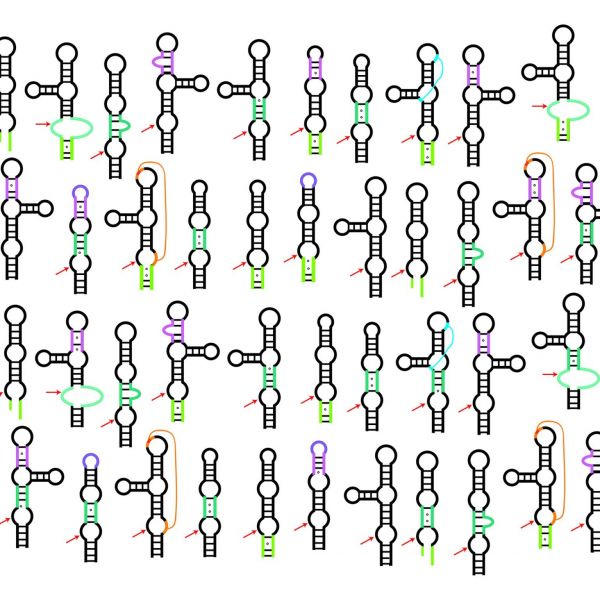
Nov 06, 2024
Testing thousands of RNA enzymes helps find first ‘twister ribozyme’ in mammals
A new method, developed by Penn State researchers, can test the activity of thousands of predicted ribozymes in a single experiment.
Full Article

Oct 31, 2024
Huck researchers reflect on the 2024 Nobel Prize in Chemistry
This month, the Nobel Prize in Chemistry was awarded to three scientists credited with historic breakthroughs surrounding proteins and their structures. Three Huck researchers working on similar challenges chime in with their thoughts.
Full Article
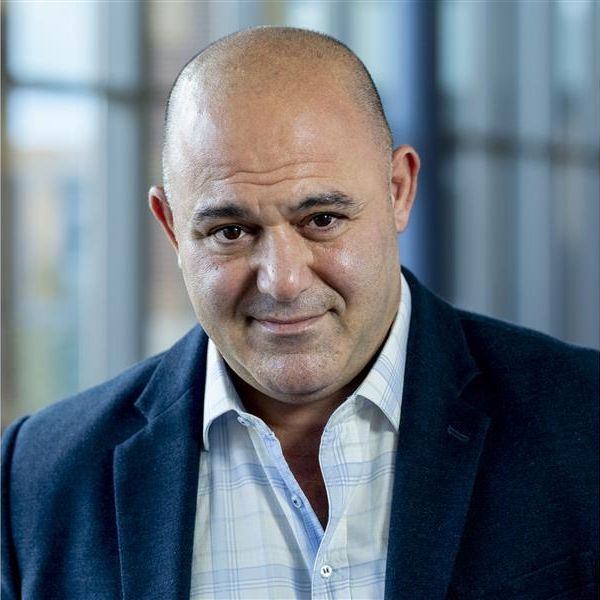
Oct 18, 2024
Gustavo Nader named Huck Chair in Molecular, Cellular and Integrative Physiology
Gustavo Nader, professor of kinesiology and physiology in the Penn State College of Health and Human Development, has been named the Dorothy Foehr Huck and J. Loyd Huck Chair in Molecular, Cellular and Integrative Physiology by the Huck Institutes of the Life Sciences.
Full Article

Oct 11, 2024
AI decodes microbes’ message in milk safety testing approach
By combining the genetic sequencing and analysis of the microbes in a milk sample with artificial intelligence (AI), researchers were able to detect anomalies in milk production, such as contamination or unauthorized additives.
Full Article
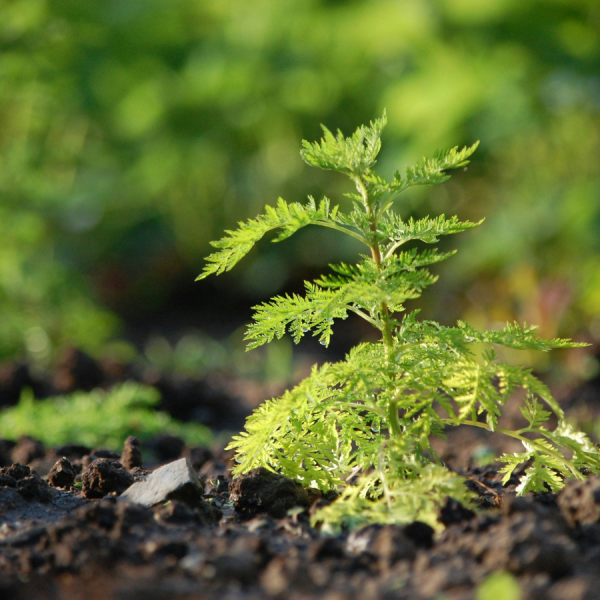
Oct 02, 2024
Plant compound used in traditional medicine may help fight tuberculosis
A compound found in African wormwood — a plant used medicinally for thousands of years to treat many types of illness — could be effective against tuberculosis.
Full Article
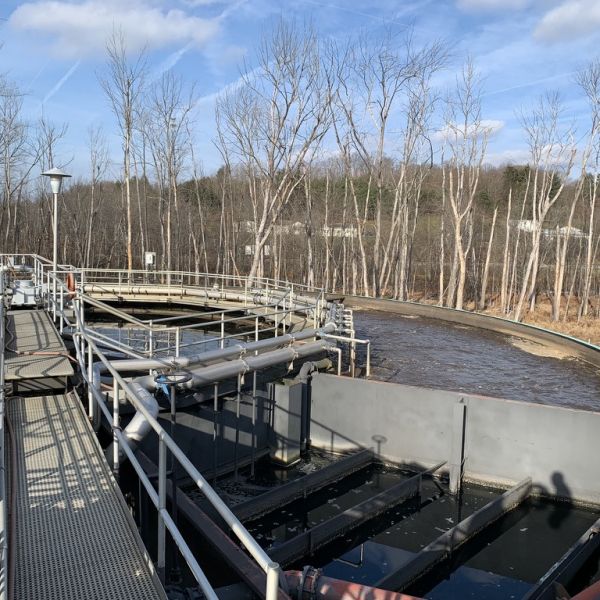
Sep 20, 2024
Wastewater monitoring can detect foodborne illness, researchers find
Results of a new study suggest sewage monitoring could provide early warning of foodborne disease outbreaks to public health authorities
Full Article

Sep 17, 2024
Food science researcher receives early career award
Jasna Kovac, associate professor and Lester Earl and Veronica Casida Career Development Professor of Food Safety in Penn State’s College of Agricultural Sciences, has been selected to receive the 2025 Award for Early Career Environmental Research by the American Society for Microbiology.
Full Article